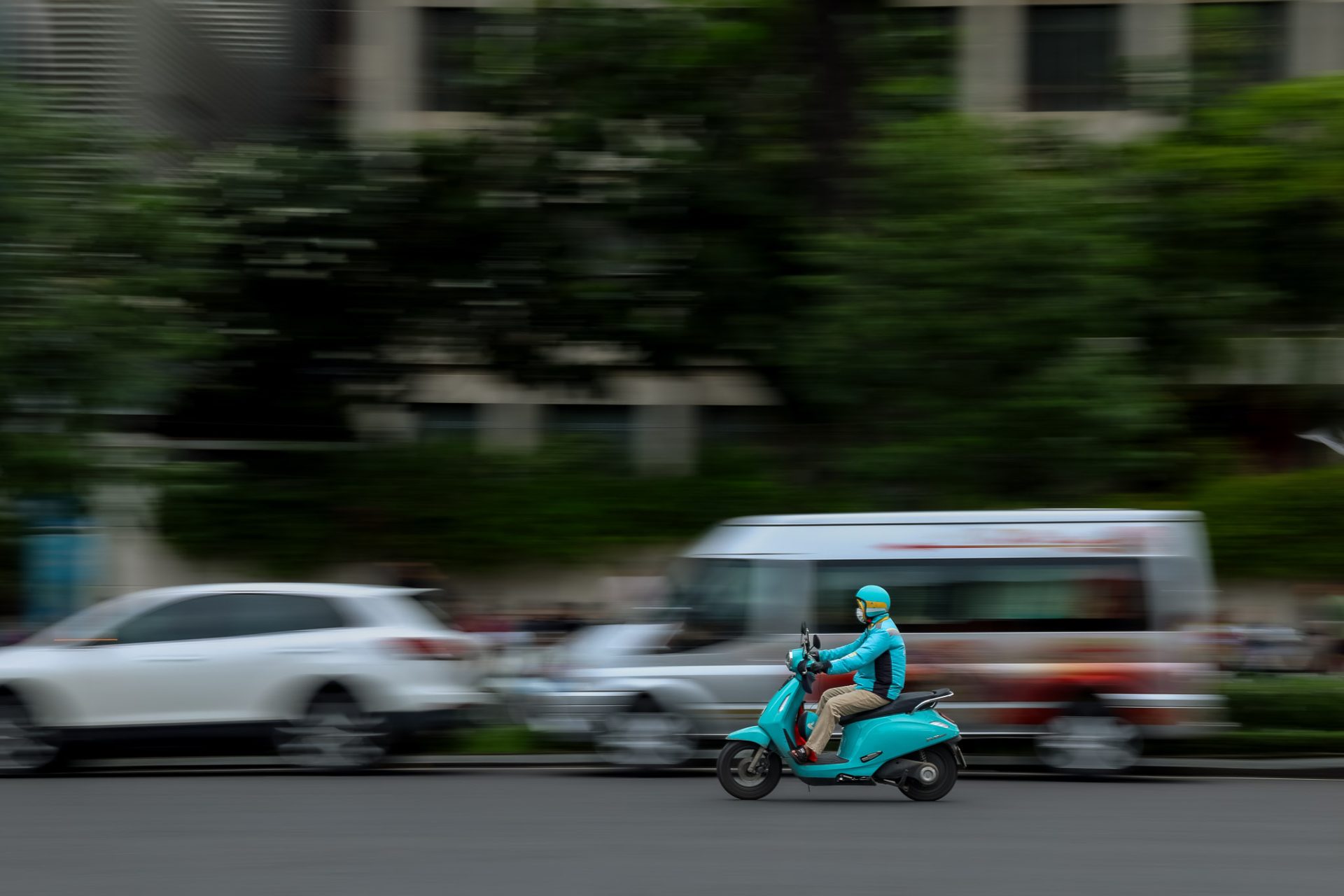HCMC – The government of Hanoi City may give people VND3-5 million to help buy electric motorbikes, hoping to encourage more residents to switch from gasoline to electric motorcycles.
Hanoi’s Department of Construction is gathering public feedback on a draft resolution regarding the transition to green vehicles and the development of a charging station network across the city.
Under the draft policy, people living in low-emission areas who own gasoline or diesel motorbikes (registered before the policy takes effect) can get cash support if they switch to electric motorbikes worth at least VND15 million.
Individuals can receive VND3 million, and near-poor households can get VND4 million. Each person can only get support for one motorbike, and the program will last until the end of 2030.
The draft also proposes low-interest loans with annual rates between 3% and 5%, covering up to 100% of the contract value and repayable over a maximum of five years.
Eligible for this support are public service units, passenger transport operators (excluding buses), freight companies, and businesses investing in facilities to collect and recycle old vehicles.
From the date the resolution takes effect until the end of 2030, green vehicles would be fully exempt from registration fees and license plate charges.
The draft also proposes a roadmap to pilot and gradually expand zones where gasoline and diesel-powered personal motorcycles are banned.
Specifically, gasoline motorbikes will be restricted from January 1 to June 30, 2026. Fossil fuel-powered motorbikes will be banned within Beltway No. 1 starting July 1, 2026, and within Beltway No. 2 from January 1, 2028.
Personal gasoline and diesel cars will also be restricted within Beltway No. 2 starting January 1, 2028, with the ban expanding to Beltway No. 3 from January 1, 2030.
From 2035 to 2050, motor vehicles that are not classified as green vehicles, including CNG and hybrid vehicles, will be gradually restricted based on specific levels.
To achieve this goal, the city requires that at least 10% of parking spaces in existing buildings be equipped with charging stations by the end of 2026, and that at least 30% of parking spaces in new projects include charging facilities.
Public charging infrastructure projects will receive government support covering 70% of bank loan interest during the first five years.
Bus station and parking lot projects with 30% of spaces fitted with charging stations will be eligible for a 50% land clearance cost subsidy and 100% land rent exemption during the first five years.









